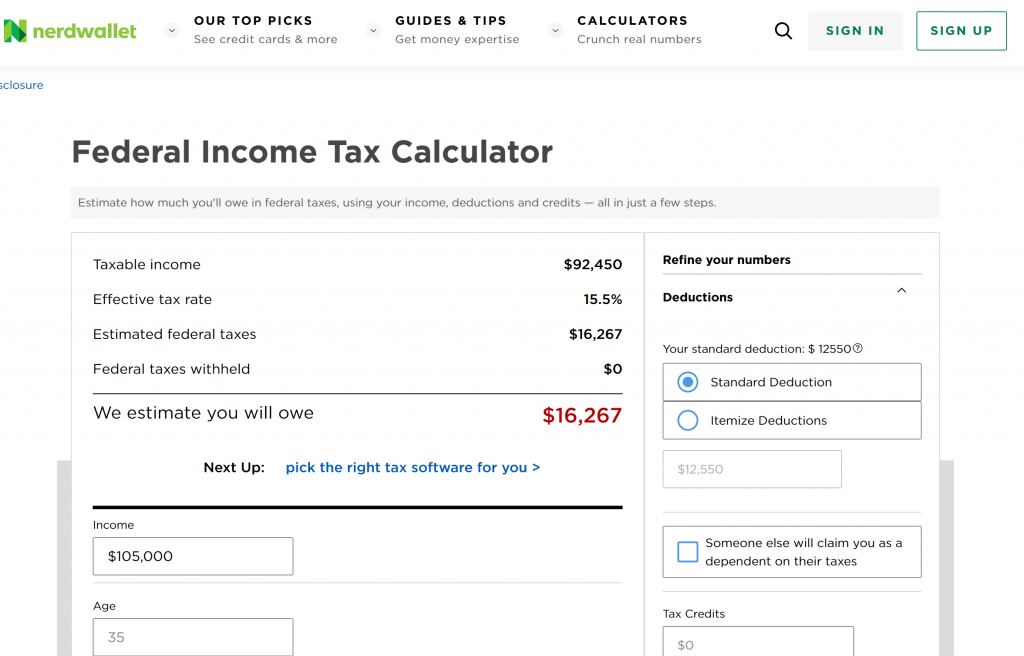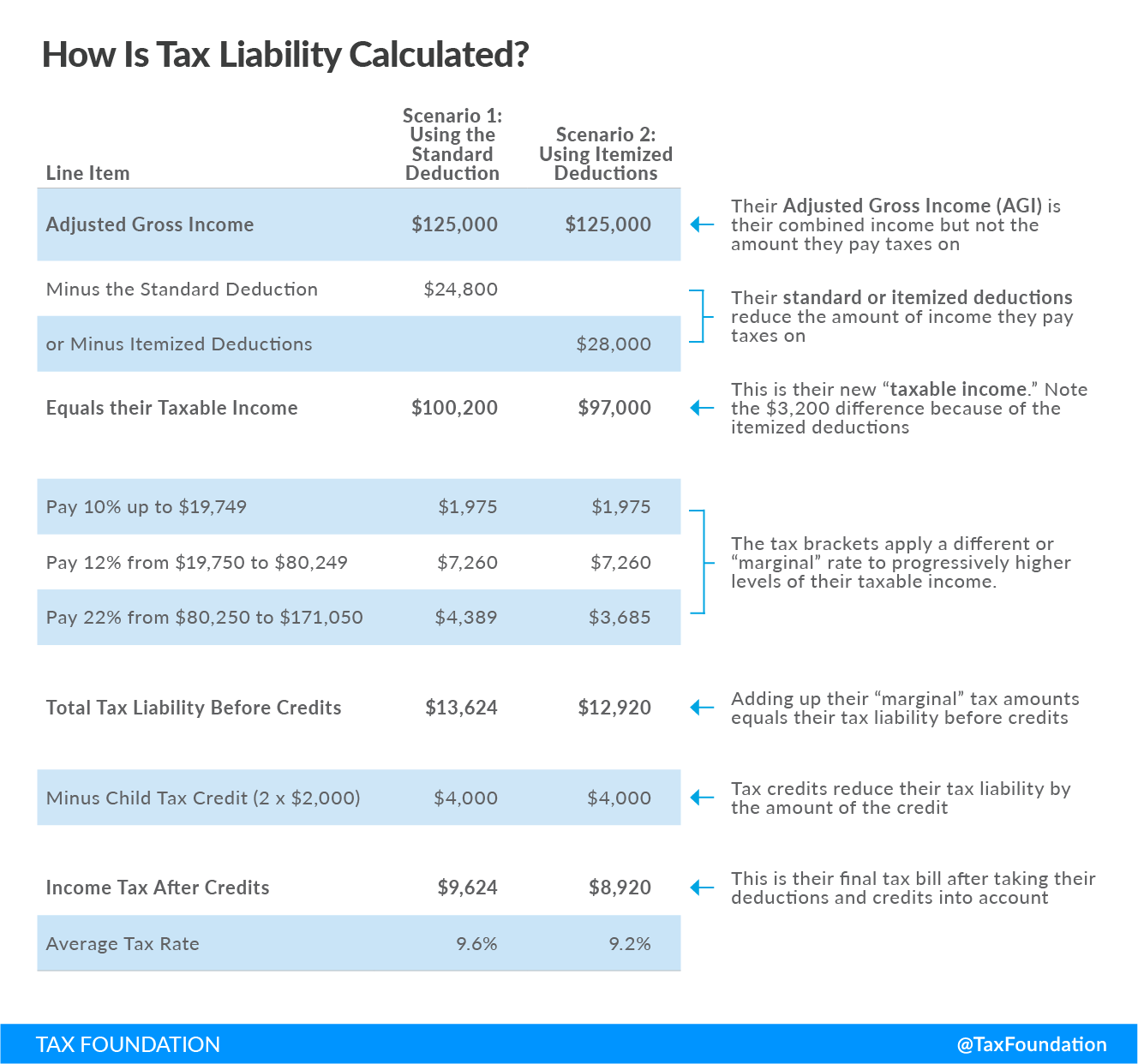When choosing the FEIE Standard Deduction may NOT be your best option
Wiki Article
The Foreign Earned Revenue Exclusion Explained: A Guide to Enhancing Your Standard Reduction
The Foreign Earned Income Exclusion (FEIE) is an important tax obligation provision for united state citizens and resident aliens living abroad. It permits qualified expatriates to omit a substantial portion of their foreign-earned revenue from government taxes. Comprehending the subtleties of FEIE can bring about considerable tax obligation cost savings. Nevertheless, several individuals neglect crucial information that could affect their eligibility and advantages. Discovering these facets may reveal opportunities for improved tax results.Recognizing the Foreign Earned Revenue Exemption
Numerous migrants look for opportunities abroad, comprehending the Foreign Earned Earnings Exemption (FEIE) is necessary for handling their tax obligation commitments. This stipulation allows united state people and resident aliens living overseas to leave out a particular quantity of their gained revenue from government taxes. The FEIE was established to alleviate the tax obligation worry on people who reside outside the USA, recognizing the distinct financial challenges they might deal with.
Qualification Needs for FEIE

Just how to Declare the FEIE
To successfully claim the Foreign Earned Earnings Exclusion (FEIE), taxpayers need to initially validate their eligibility based on details standards - FEIE Standard Deduction. The process involves several steps, including submitting the proper kinds and giving essential documentation. Comprehending these procedures and needs is vital for taking full advantage of tax obligation advantages while living abroadQualification Needs
Qualification for the Foreign Earned Earnings Exclusion (FEIE) hinges on conference particular criteria established by the IRS. To certify, people have to be U.S. residents or resident aliens who make earnings while functioning abroad. They need to establish an international tax home, which implies their primary location of company is outside the United States. In addition, applicants have to meet either the Bona Fide Home Test or the Physical Existence Examination. The Bona Fide House Test requires that a taxpayer lives in an international country for an entire tax year, while the Physical Existence Examination necessitates spending at the very least 330 full days in a foreign country during a 12-month duration. Satisfying these requirements is vital for declaring the FEIE.Declaring Process Steps
Exactly how can one efficiently navigate the procedure of asserting the Foreign Earned Earnings Exemption (FEIE)? People must determine their qualification based on the physical presence examination or the bona fide residence examination. Once validated, they need to complete IRS Type 2555, which details foreign revenue and residency. This kind should be connected to their yearly tax return, usually Form 1040. It is vital to accurately report all foreign gained revenue and guarantee conformity with the IRS guidelines. Furthermore, taxpayers ought to keep appropriate documentation, such as international tax returns and evidence of residency. By complying with these actions, people can effectively claim the FEIE and potentially minimize their gross income considerably, improving their general financial placement.Calculating Your Foreign Earned Revenue Exclusion
While lots of migrants look for to optimize their economic advantages abroad, comprehending the calculation of the Foreign Earned Earnings Exemption is essential for precise tax reporting. The Foreign Earned Earnings Exemption enables certifying people to exclude a particular amount of their international earnings from U.S. taxes, which is changed yearly for rising cost of living. To calculate this exclusion, expatriates have to establish their complete international earned earnings, which usually consists of incomes, wages, and professional charges gained while living in a foreign nation.Next, they need to complete internal revenue service Form 2555, offering details about their international residency and job condition. FEIE Standard Deduction. It's vital to fulfill either the authentic house test or the physical existence test to get the exemption. Once these elements are developed, the maximum allowed exemption amount is used, reducing the individual's taxed earnings considerably. Precise calculations can lead to considerable tax obligation cost savings for expatriates living and functioning abroad
The Effect of FEIE on Other Tax Benefits
The Foreign Earned Earnings Exemption (FEIE) can affect a person's qualification for sure tax benefits, including the typical deduction. By excluding international gained revenue, taxpayers may locate their modified visit their website gross earnings impacted, which consequently can influence their certification for various tax credit scores. Comprehending these communications is important for maximizing tax obligation results while living abroad.Interaction With Standard Reduction
When individuals get approved for the Foreign Earned Earnings Exclusion (FEIE), their qualification for the typical deduction might be impacted, potentially changing their overall tax obligation. The FEIE permits taxpayers to omit a particular amount of gained earnings from U.S - FEIE Standard Deduction. tax, which can result in a reduced gross income. Because of this, if the left out earnings surpasses the typical deduction, it can reduce the advantage of claiming that reduction. Furthermore, taxpayers that use the FEIE may find that their capacity to itemize deductions is also affected, as specific costs may be impacted by the exemption. Comprehending this communication is essential for migrants to optimize their tax advantages while making certain conformity with united state tax regulationsQualification for Tax Obligation Credit Scores
Guiding with the intricacies of tax credit scores can be challenging for expatriates, specifically given that the Foreign Earned Income Exclusion (FEIE) can substantially influence eligibility for these advantages. The FEIE permits eligible individuals to leave out a significant part of their foreign earnings from united state taxation, but this exclusion can likewise affect accessibility to various tax credit histories. Taxpayers who utilize the FEIE may discover themselves ineligible for credit scores like the Earned Earnings Tax Credit History (EITC), as these credits generally require taxable income. Additionally, the exemption might limit the capacity to assert certain reductions or credit scores connected with dependents. Recognizing the interaction between the FEIE and readily available tax obligation debts is important for expatriates aiming to enhance their tax obligation situation.
Typical Mistakes to Prevent When Asserting FEIE
Generally, expatriates encounter several pitfalls while asserting the Foreign Earned Earnings Exclusion (FEIE), which can cause costly errors or missed out on chances. One regular error is falling short to fulfill the physical visibility or authentic home examination, which is necessary for qualification. In addition, migrants commonly ignore the need to file Kind 2555 properly, leading to imprecise or insufficient entries.An additional usual mistake entails improperly computing international gained earnings, as several navigate to these guys do not account for all pertinent earnings sources. Some expatriates wrongly presume they can leave out all their income, not aware of the limitations on the exclusion amount. Furthermore, overlooking to maintain proper documentation, such as travel days and residency status, can threaten a claim. Ultimately, misunderstanding the implications of the FEIE on various other tax obligation debts might cause unintentional tax responsibilities. Recognition of these risks can promote a smoother asserting procedure and take full advantage of prospective benefits.
Resources for Expats Navigating U.S. Tax Obligations
Steering united state tax obligation responsibilities can be challenging for expatriates, especially after encountering pitfalls in asserting the Foreign Earned Revenue Exemption (FEIE) To assist navigate these complexities, a variety of sources are readily available. The IRS web site supplies comprehensive information on tax kinds, faqs, and regulations particularly tailored for migrants. Additionally, companies like the American Citizens Abroad (ACA) and the Deportee Tax Professionals deal assistance and assistance to ensure conformity with tax regulations.On the internet forums and neighborhoods, such as the Expat Online forum, allow migrants to share experiences and insights, cultivating a supportive setting for those facing comparable challenges. Moreover, tax prep work software application, like copyright and H&R Block, often consists of attributes created for expats, making the declaring procedure a lot more user-friendly. Involving with these resources can empower expatriates to much better comprehend their tax obligation obligations and make the most of benefits like the FEIE.
Often Asked Concerns
Can I Claim FEIE if I'M Self-Employed Abroad?
Yes, freelance people abroad can declare the Foreign Earned Earnings Exclusion (FEIE) To qualify, they must fulfill details needs pertaining to residency and revenue, ensuring they abide by IRS standards for migrants.
Is the FEIE Applicable to Foreign Pensions?
The Foreign Earned try this Revenue Exclusion (FEIE) is not appropriate to international pension plans. Pensions are considered unearned revenue and do not get approved for the exclusion, which especially puts on earned revenue from employment or self-employment abroad.What Happens if I Go Back To the U.S. Mid-Year?
They might need to readjust their tax situation if a private returns to the U.S. mid-year. Their qualification for sure reductions and exclusions, consisting of the Foreign Earned Earnings Exemption, could be influenced by their residency condition.Can FEIE Be Claimed With Various Other Reductions?
Yes, the Foreign Earned Income Exemption (FEIE) can be claimed together with various other deductions. Nonetheless, care needs to be taken to ensure correct compliance with tax obligation regulations, as specific constraints may use based upon individual conditions.Just How Does FEIE Affect State Tax Responsibilities?
The Foreign Earned Revenue Exclusion can decrease a taxpayer's federal revenue tax obligation liability, but it does not immediately impact state tax obligation commitments, which differ by state and may still need reporting of foreign earnings.Several migrants look for opportunities abroad, comprehending the Foreign Earned Earnings Exemption (FEIE) is crucial for managing their tax obligations. By leaving out foreign made income, taxpayers may locate their modified gross earnings impacted, which in turn can impact their credentials for various tax obligation credit scores. Guiding with the complexities of tax credit reports can be testing for expatriates, particularly because the Foreign Earned Income Exemption (FEIE) can substantially influence qualification for these benefits. Taxpayers who make use of the FEIE might discover themselves ineligible for credit scores like the Earned Income Tax Obligation Credit History (EITC), as these credit reports normally need taxed earnings. Navigating United state tax obligation obligations can be testing for expatriates, specifically after running into mistakes in claiming the Foreign Earned Revenue Exclusion (FEIE)
Report this wiki page